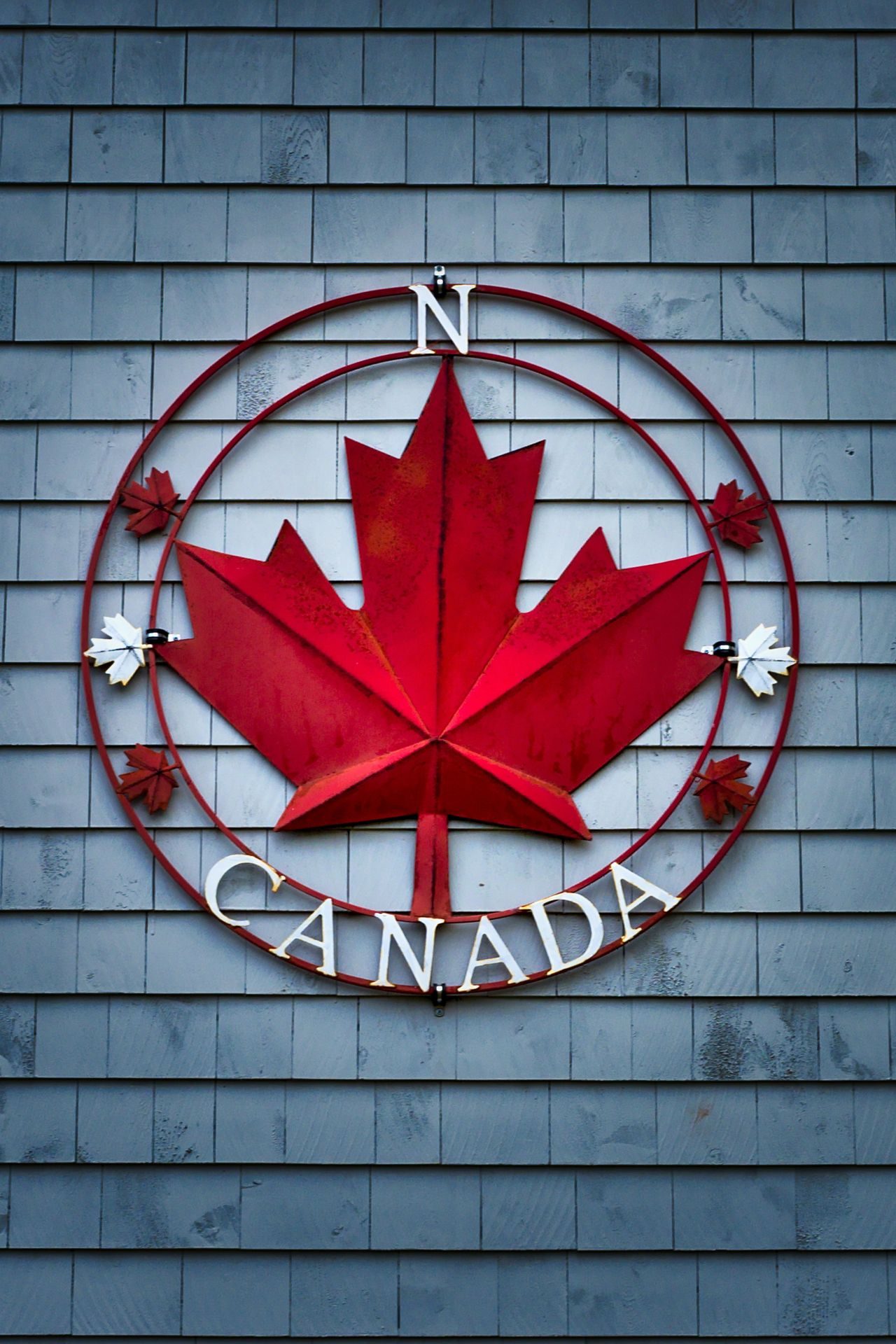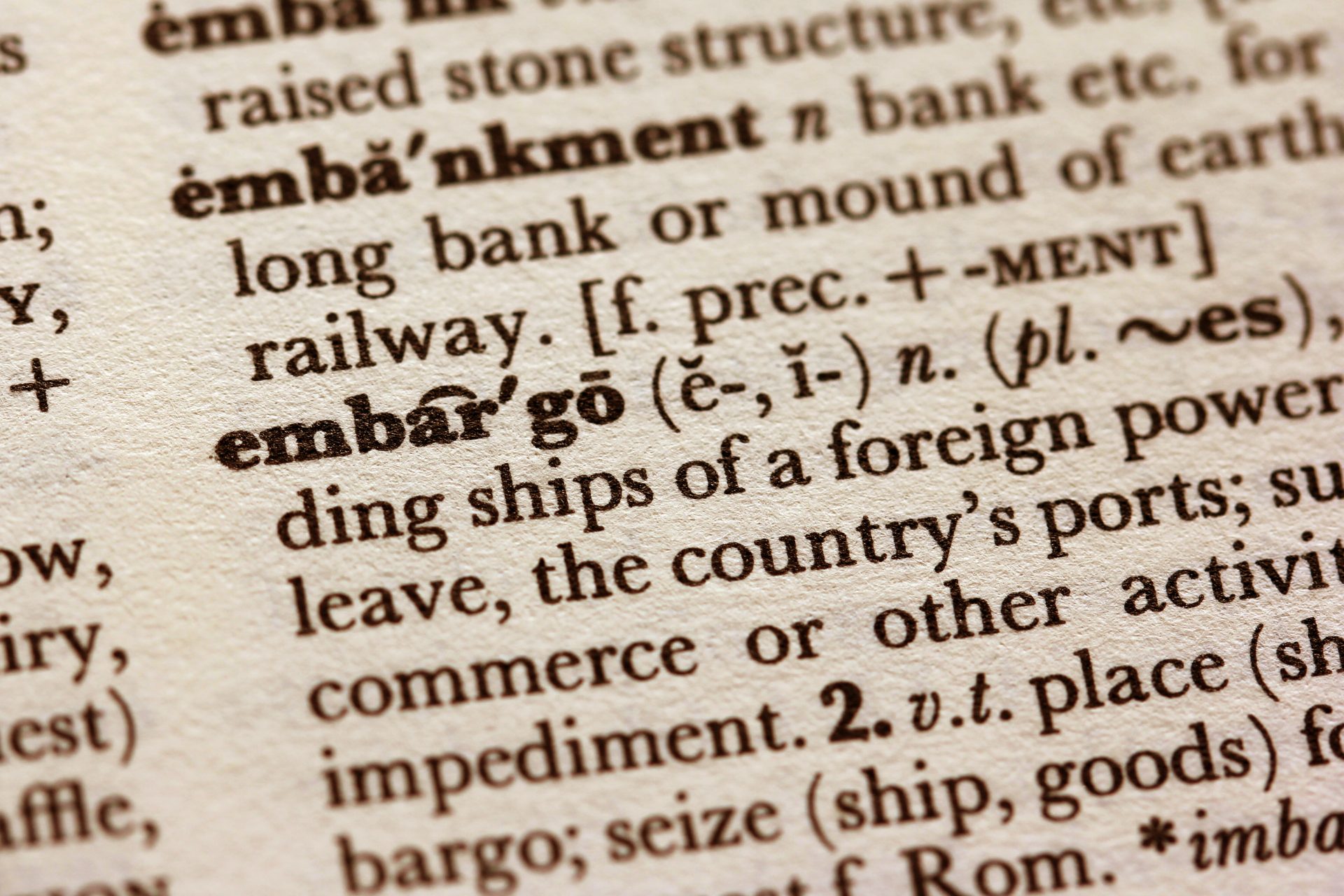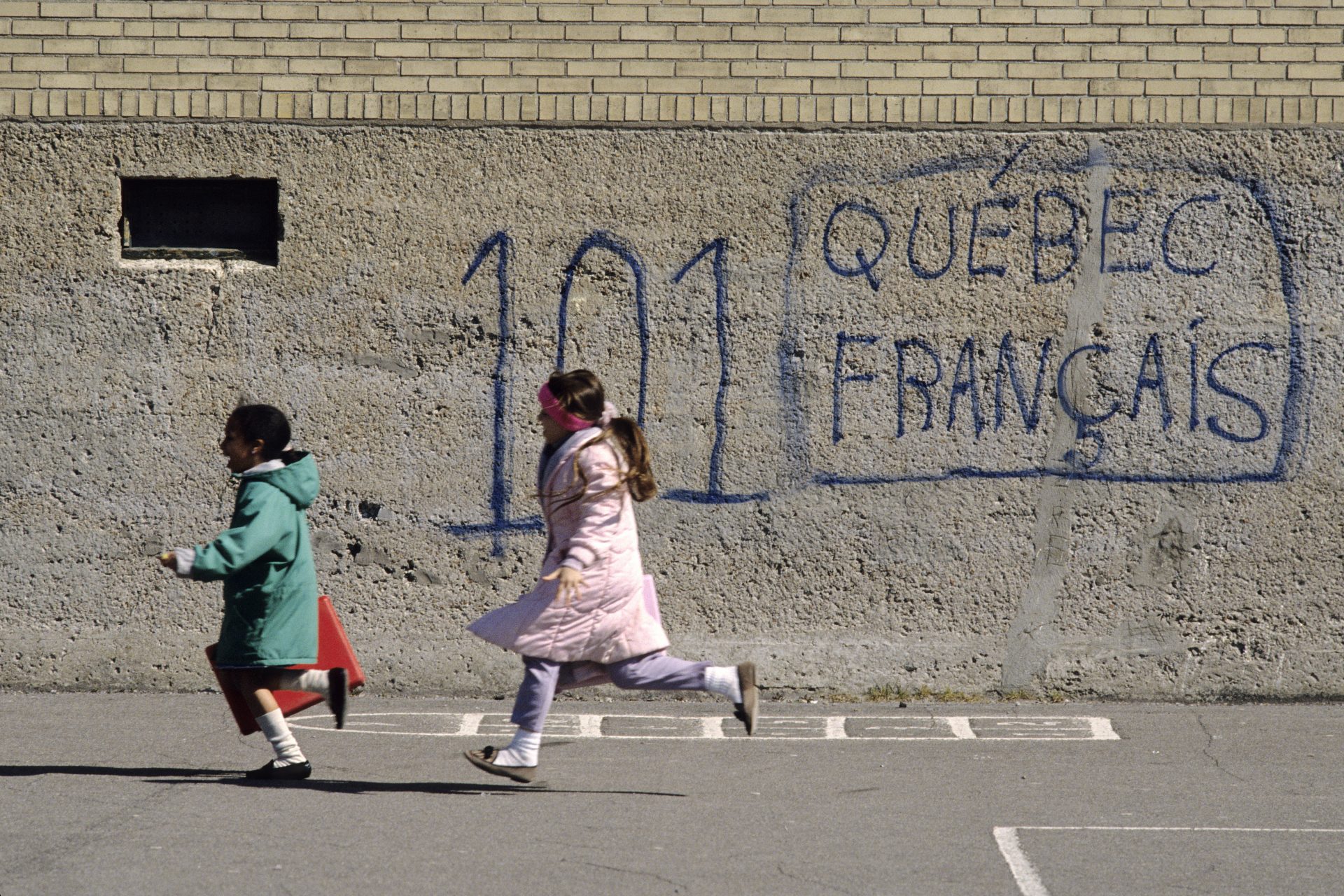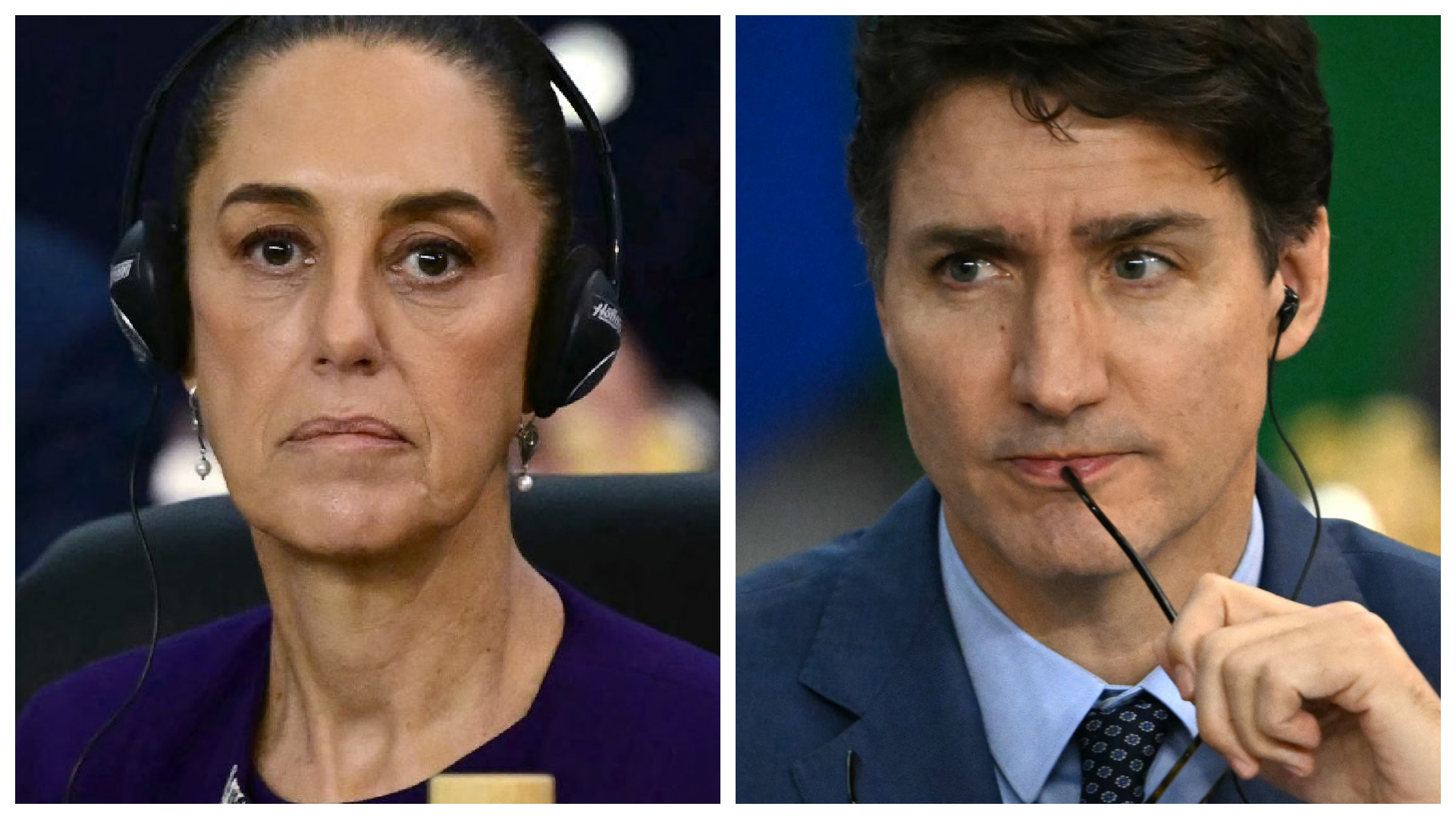French in Canada: Is it on the brink of extinction?
Canada, a bilingual nation, is home to a considerable French-speaking minority, mainly in living Quebec, alongside its English-speaking majority. However, the question remains: Does French still hold a predominant position in contemporary Canadian society?
According to Global News, in May 2024 Office Québécois de la Langue Française released a 152 page report on the status of French language use in Canada, and it was not good.
The report found that French language is on the decline, in particular among young adults aged 18 to 34 years old. In addition it also stated that just 58% of Quebecers in 2023 between 18 and 34 used French almost exclusively at work. Back in 2010, 64% did so.
French use in Quebec is clearly in decline. The report also revealed that 25% of French high school graduate in 2021 went on to enroll in English CEGEPs whereas in 2011 it was only 18%.
To add insult to injury, the report also revealed that only 42% of Quebecers use digital platforms in French. It really do seem to be a problem with keeping French alive in Quebec, but what about the rest of Canada?
According to 2021 census data published by Statistics Canada, the number of French speakers has increased since 2016, from 7.7 to 7.8 million speakers.
@Eric Prouzet / Unsplash
However, this increase was less rapid than that of the entire Canadian population over the same period. The proportion of Francophones has therefore decreased in Canada, going from 22.2% in 2016 to 21.4% in 2021.
@Sondoce wasfy / Unsplash
'Radio Canada' points out that this is a long-term trend: in 1971, the year of the first census in Canada, French was the first language spoken by 27.2% of Canadians.
@Sandy Millar / Unsplash
The 2021 census revealed that, for the first time, English is the first language spoken by more than a million people in Quebec.
What are the causes of this phenomenon? The Canadian Statistics Office explains this by the younger average age of English speakers, whose death rate is therefore lower than that of French speakers.
Statistics Canada has also mentioned migration between Canadian provinces as a factor in the evolution of the distribution of French and English speakers.
@Zia Syed / Unsplash
“The census data on official languages is worrying,” commented Ginette Petitpas-Taylor, the federal Minister of Official Languages from 2021 to 2023, in a press release, who considered that French was threatened in Canada.
At the time the census was published, the Quebec government had also adopted a new law to restrict the use of English in public services.
In reality, these legislative efforts only concern public space. However, the use of English is also developing in the private sphere, as sociologist Jean-Pierre Corbeil explains to 'Radio Canada'.
@Estée Janssens / Unsplash
Furthermore, sociolinguist Calvin Veltman indicated in an article in 'The Conversation' that English speakers also learn French.
“French continues to progress among English speakers and allophones, which makes it possible to fully compensate for the losses observed in the French-speaking group and which even causes a certain growth in spoken French,” indicates this academic in the same article.
The different languages therefore coexist in Canada, a country which has practiced “institutional bilingualism” since the Official Languages Act of 1969.
@Brett Jordan / Unsplash
Former Minister of Official Languages of Canada, Mélanie Joly indicated in a 2021 press release that this law had “protected the rights of our official language minority communities” and allowed French-speaking Canadians to pursue careers in the federal public service.
Fifty years after its adoption, a new law on indigenous languages was passed in 2019, in an effort to preserve the linguistic diversity of Canada.
So, is French collapsing in Canada? For Calvin Veltman, only the “fearful” think that the introduction of English among French speakers will make it disappear completely.
It would rather be "the result of an increasingly educated society, a situation perhaps comparable to that of the Scandinavian countries where tolerance towards linguistic minorities is very great, but where the latter clearly recognize the primacy of the national language,” concludes the researcher.
Never miss a story! Click here to follow The Daily Digest.
@sebastiaan stam / Unsplash
More for you
Top Stories


































